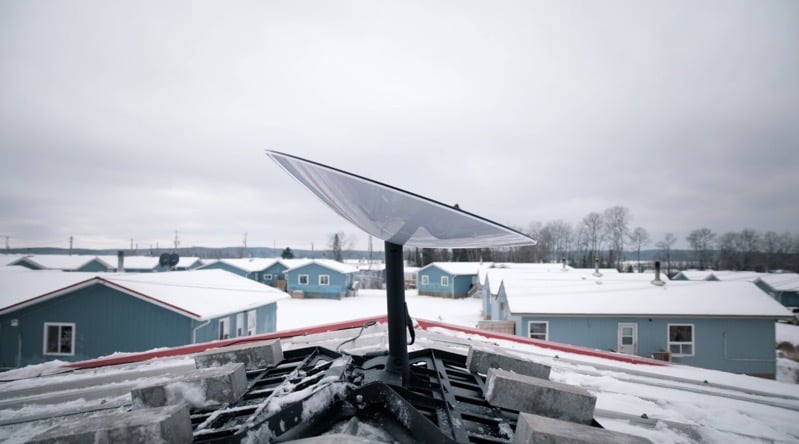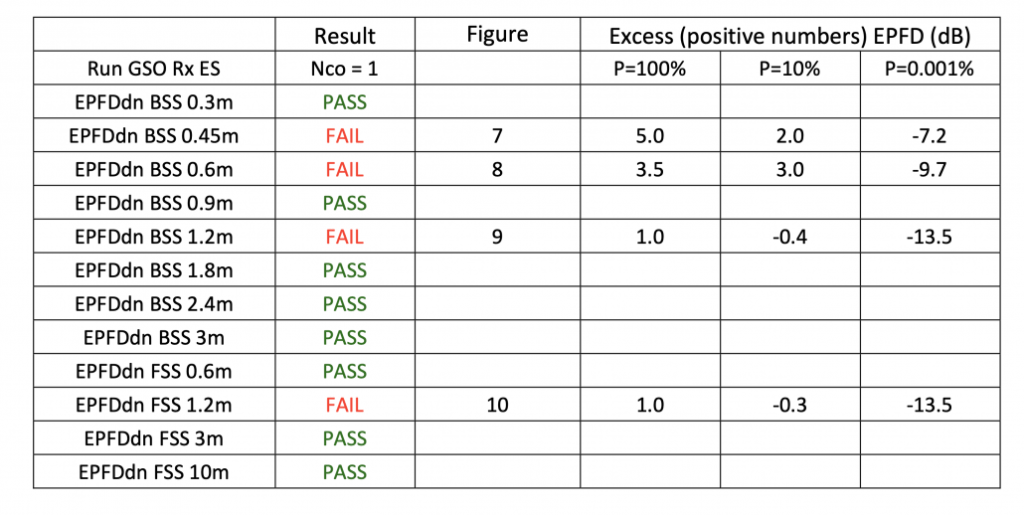
DISH Tells the FCC SpaceX Starlink Satellites Might Cause Interference Still

In a recent filing with the Federal Communications Commission (FCC), satellite services provider DISH Corporation has proposed changes the regulatory body should make to SpaceX’s license to operate a satellite-powered broadband internet service under the Starlink moniker — reports Wccftech.
The proposed changes are designed to make sure that the Starlink satellite constellation does not create network interference with DISH’s user equipment in orbit.
Even though both the Starlink constellation and DISH’s user equipment operate on the same 12GHz band, SpaceX has previously assured the FCC that it will operate its satellites using parameters that will negate the possibility of any interference.

DISH Corporation, however, believes that’s an unrealistic claim under real-world circumstances, and is backing up its concerns with a study conducted by a third-party consultant that shows the Starlink constellation will cause interference with DISH equipment under realistic parameters instead of the ones filed with the FCC by SpaceX. The study has already been submitted to the FCC as of April 6.
DISH Corp. has urged the FCC to add two new caveats to SpaceX’s operating license for Starlink.
The first would demand that SpaceX use only one satellite beam per frequency, and also make any other changes to its operations required to ensure that no interference with DISH’s user equipment is caused and its service to users remains intact in the event that the FCC decides to change its interference calculation criteria and provide more proprietary information to DISH.
SpaceX has already said that it plans on only using one single satellite beam per geographical unit, but DISH and its third-party analyst believe that to be impossible.
Secondly, DISH also wants the FCC to stipulate that if the regulatory body rules against SpaceX in any of its three currently open proceedings, SpaceX will cease all Starlink operations at once.
SpaceX currently has three open cases with the FCC for changes to rules governing the 12GHz band, authorization for Starlink to operate as a telecommunications carrier, and a request to operate Starlink terminals on moving vehicles.
While the portion of DISH Corp’s third-party analysis that uses the same parameters SpaceX has filed for its Starlink operations with the FCC affirms that no network interference will occur, DISH Corp. simply claims those parameters do not reflect real-world conditions.


Sad. One company trying to legislate the other, SpaceX, out of business.